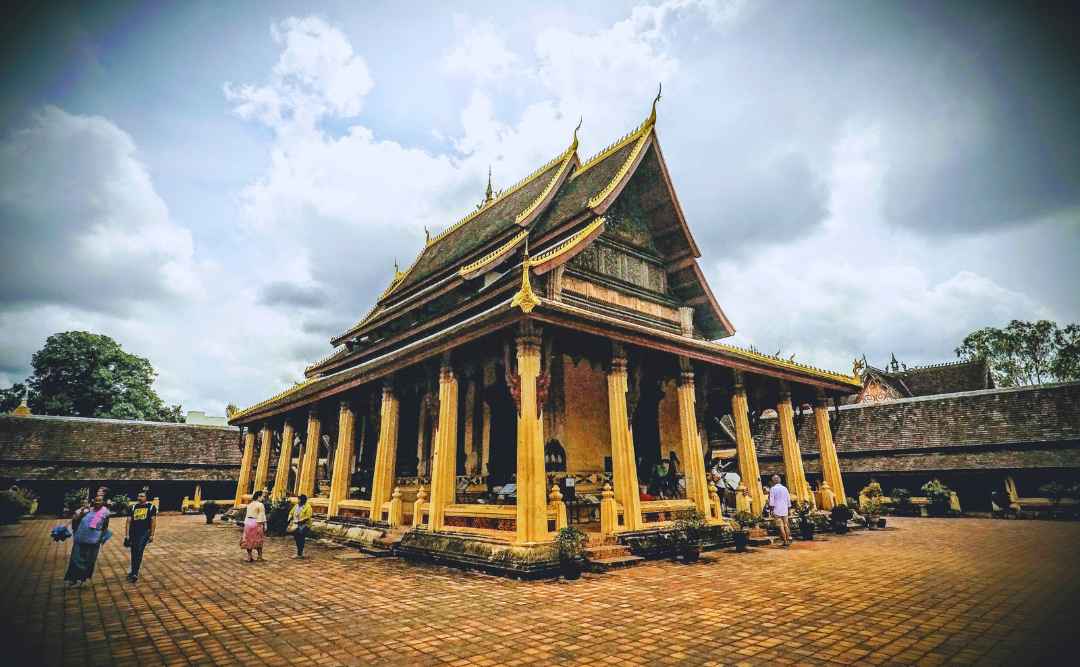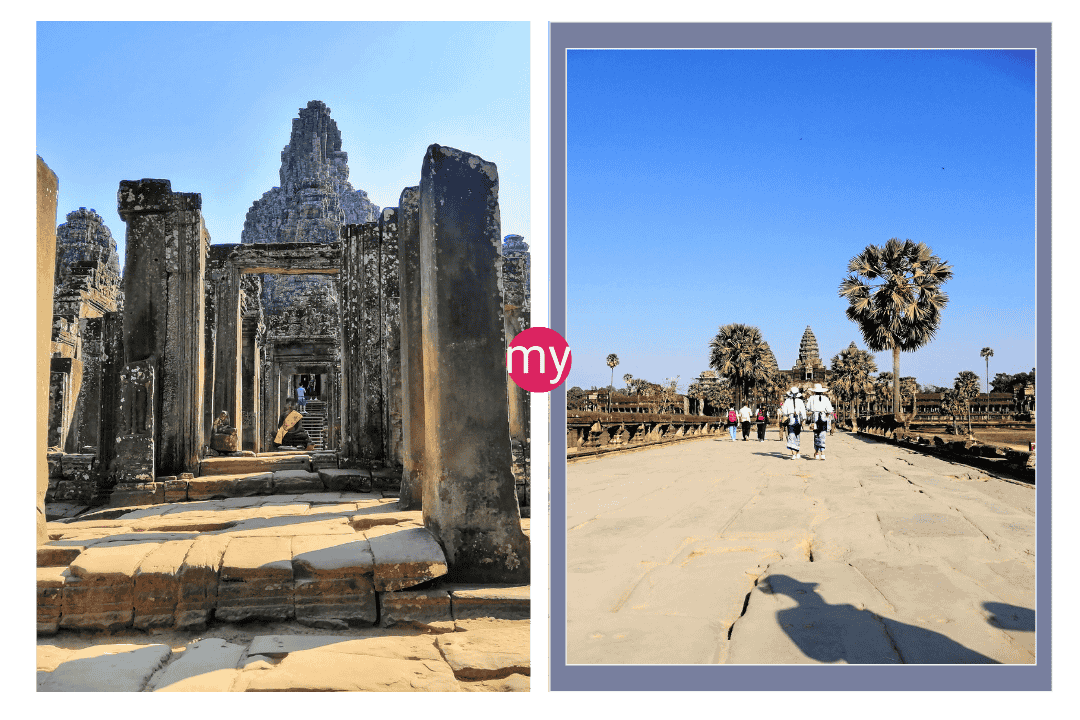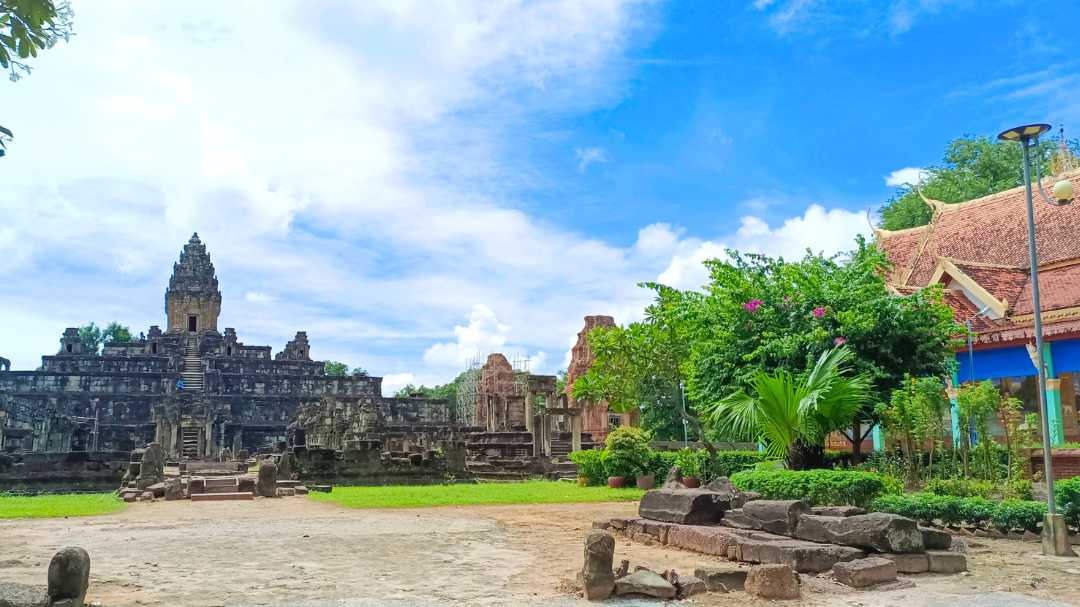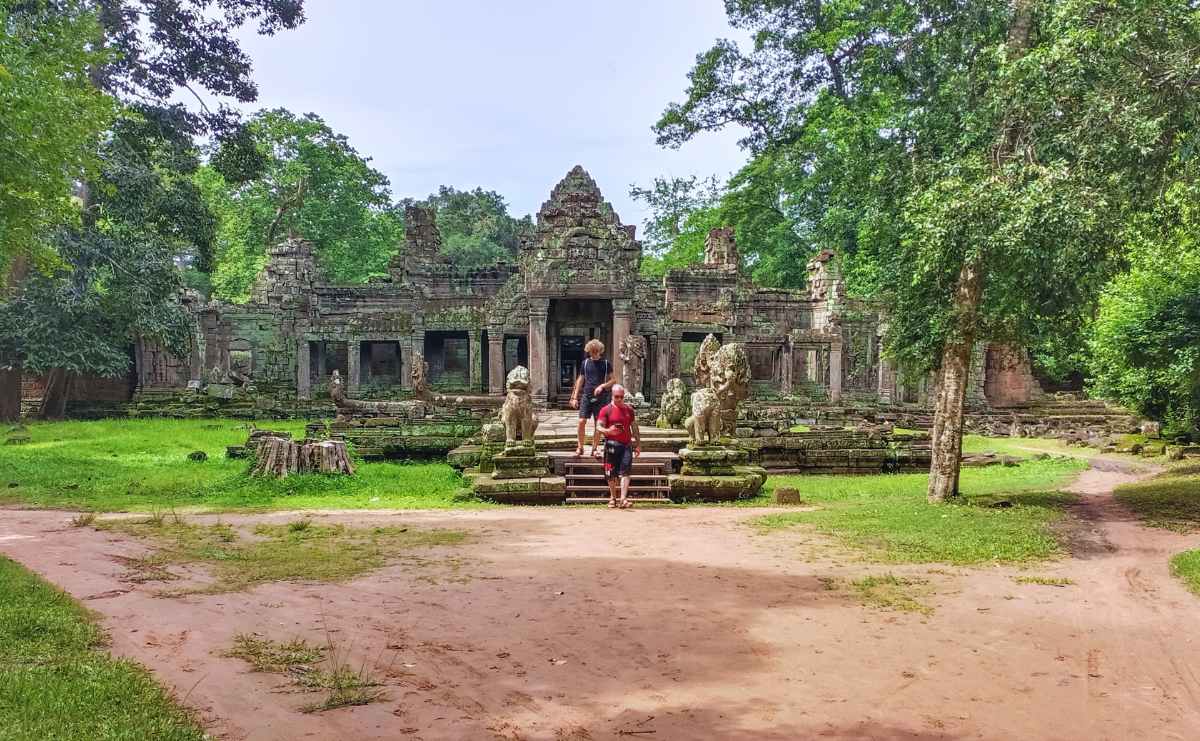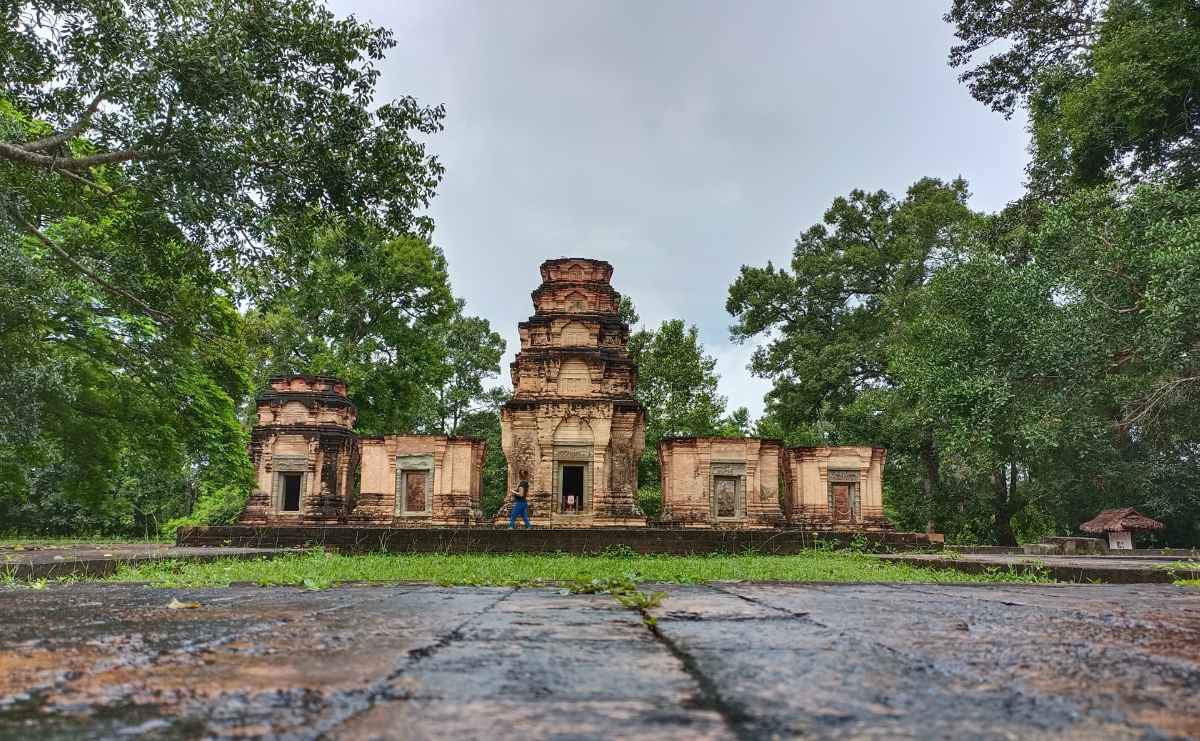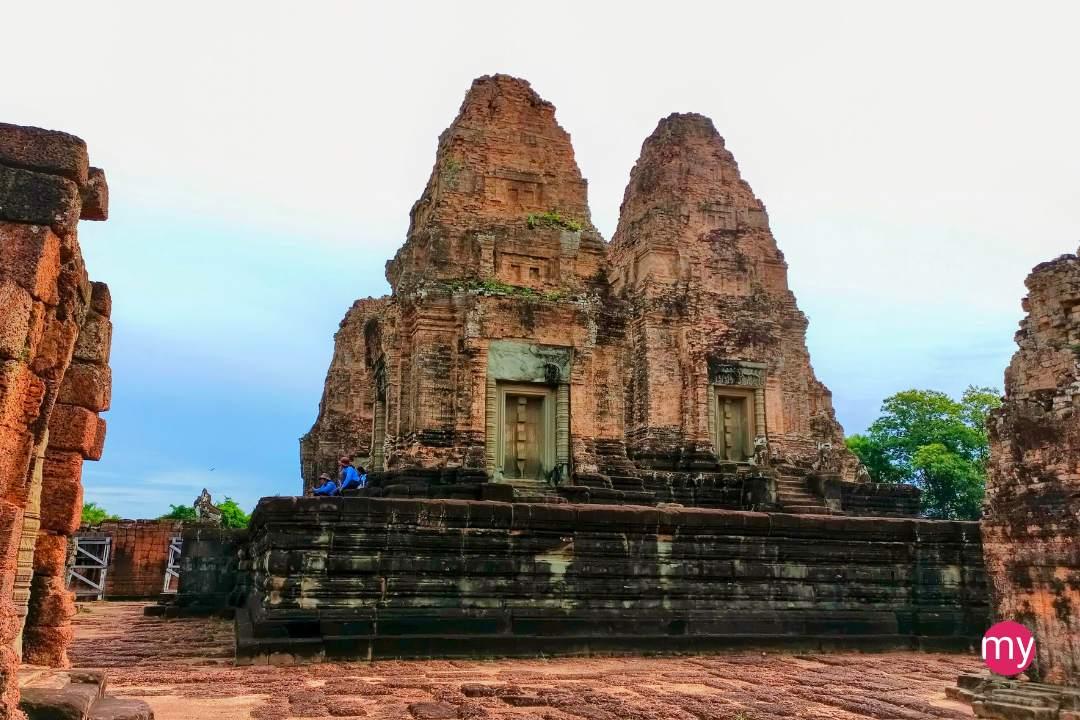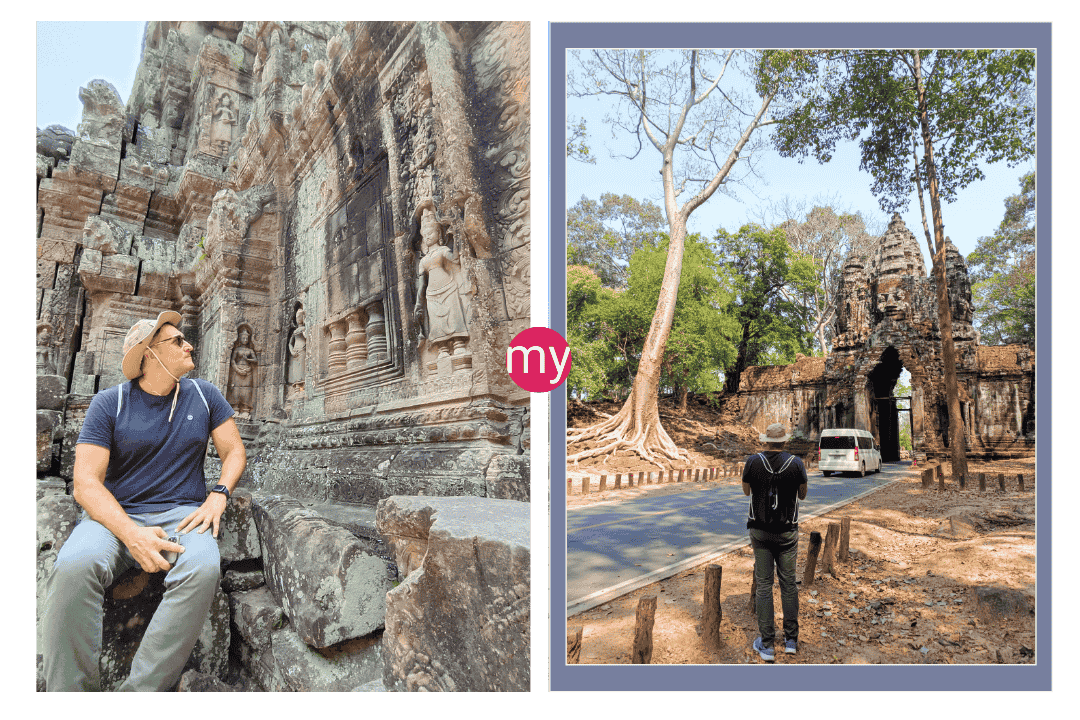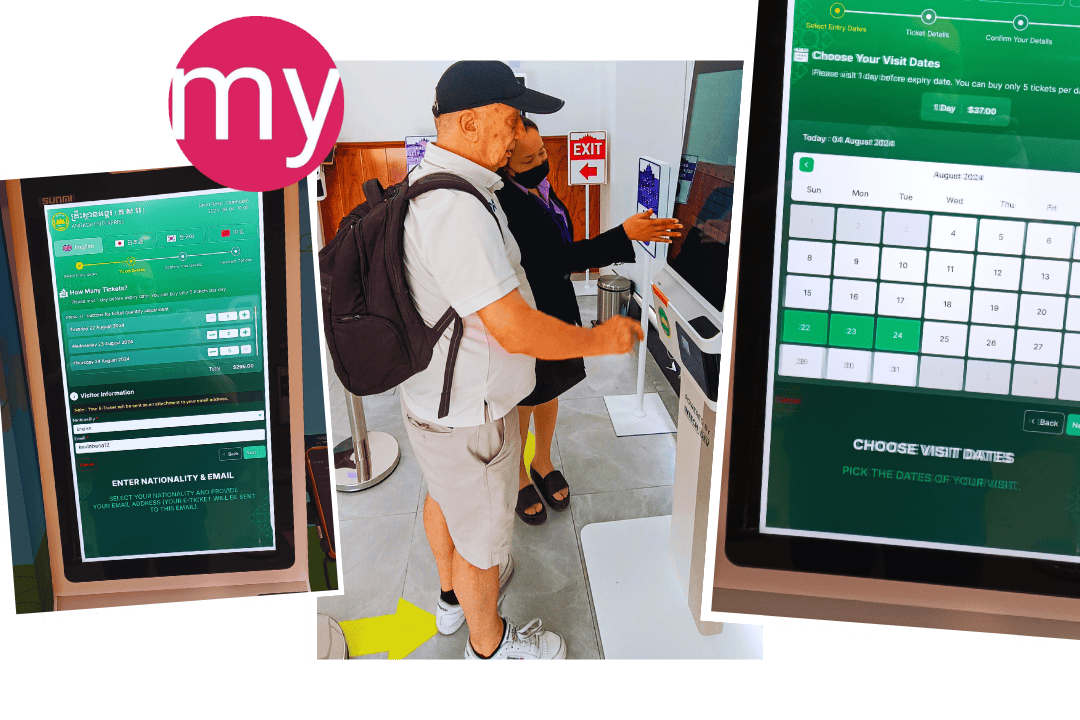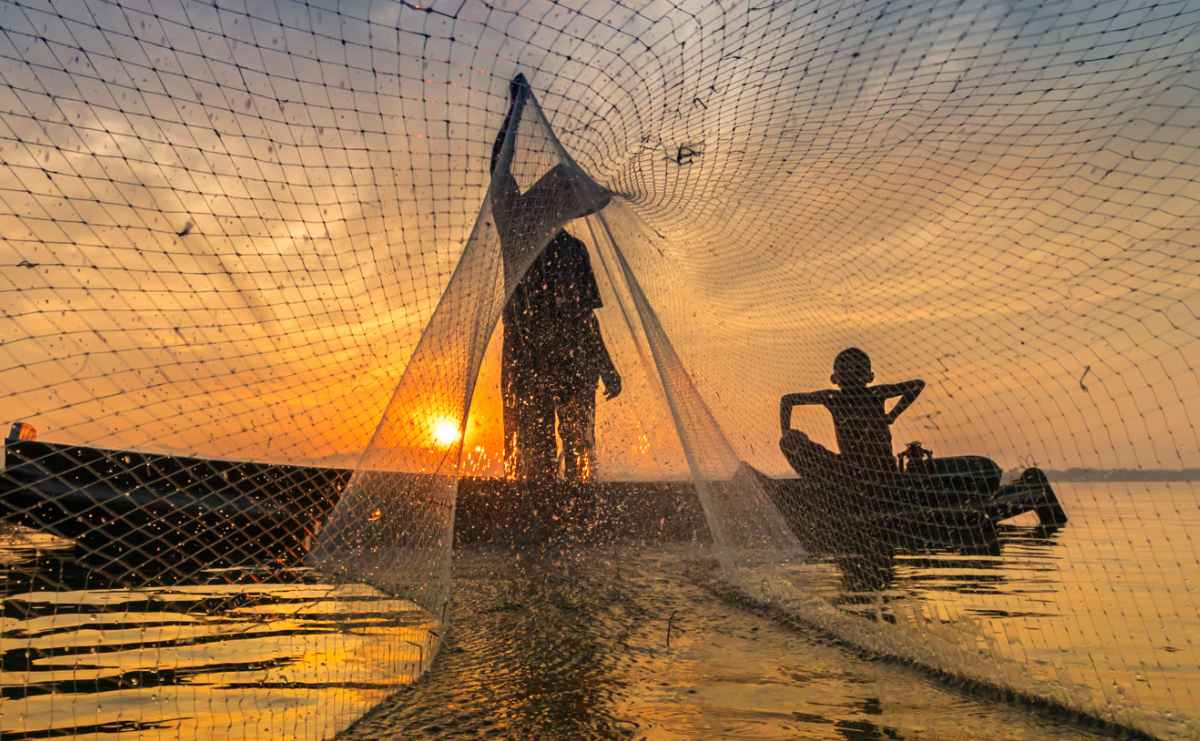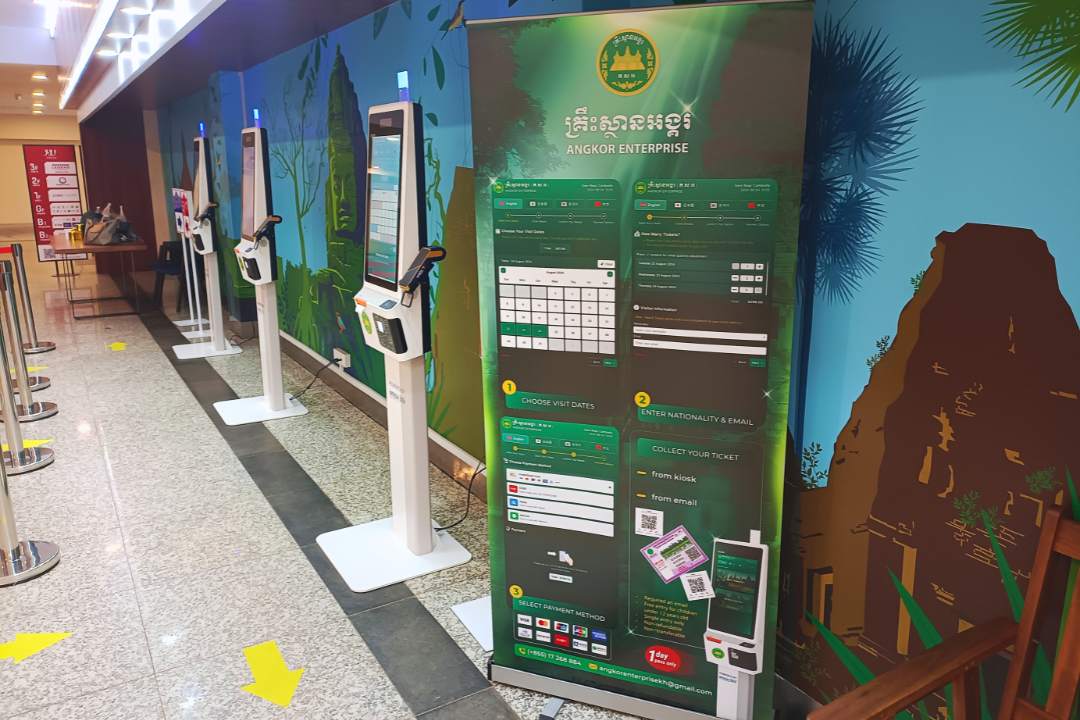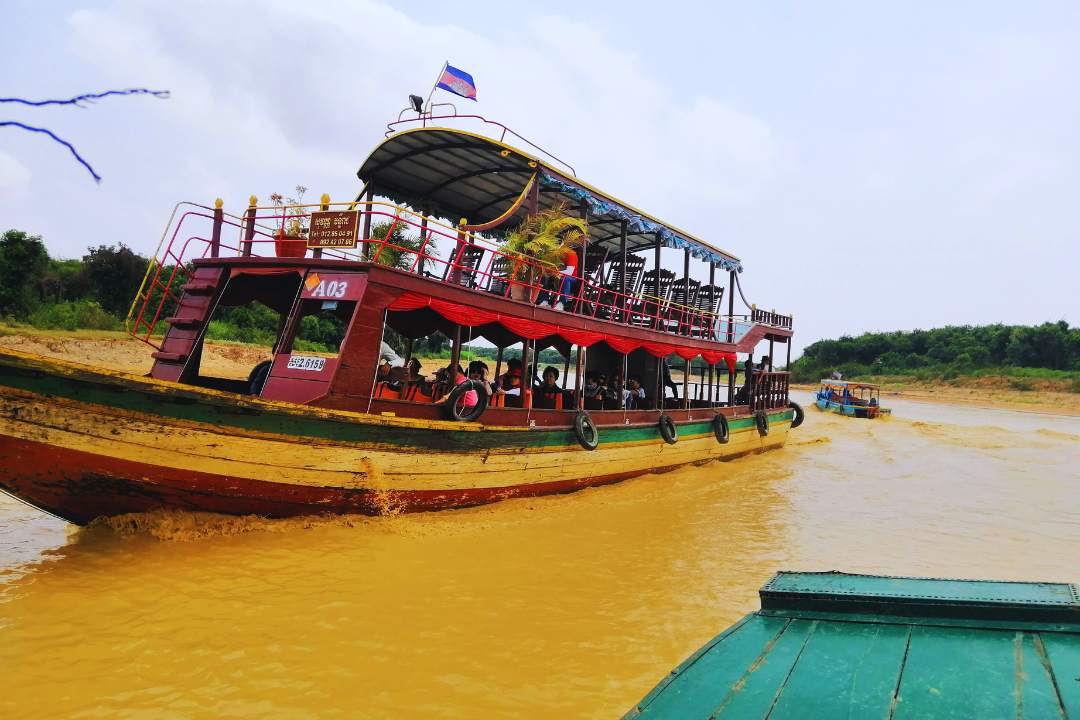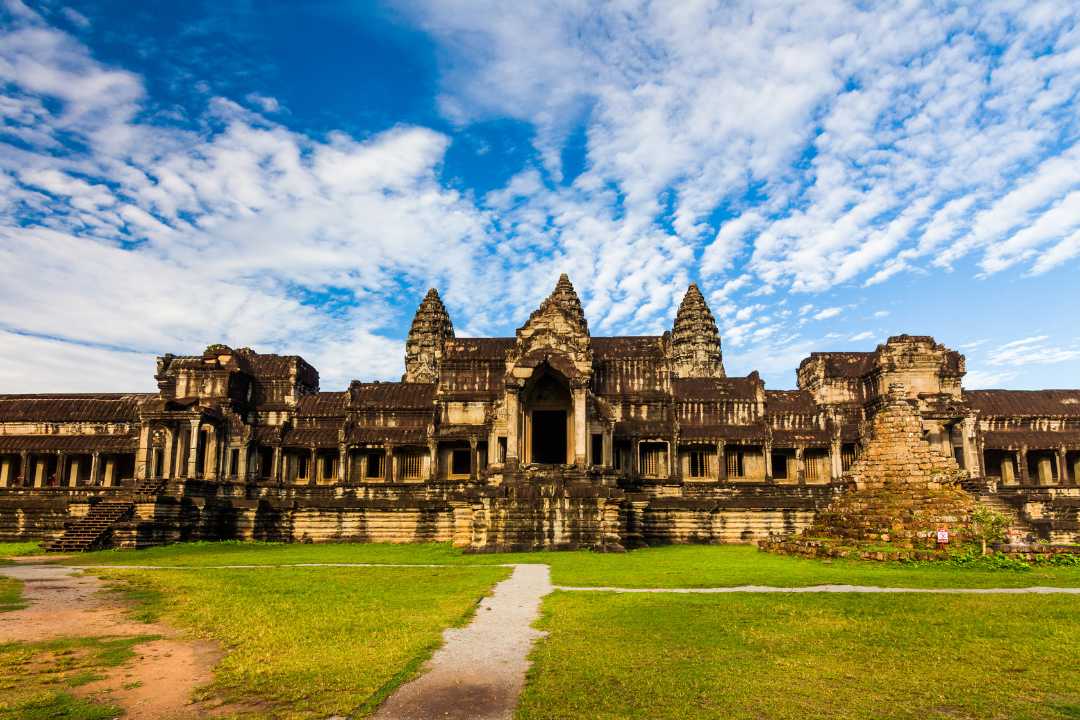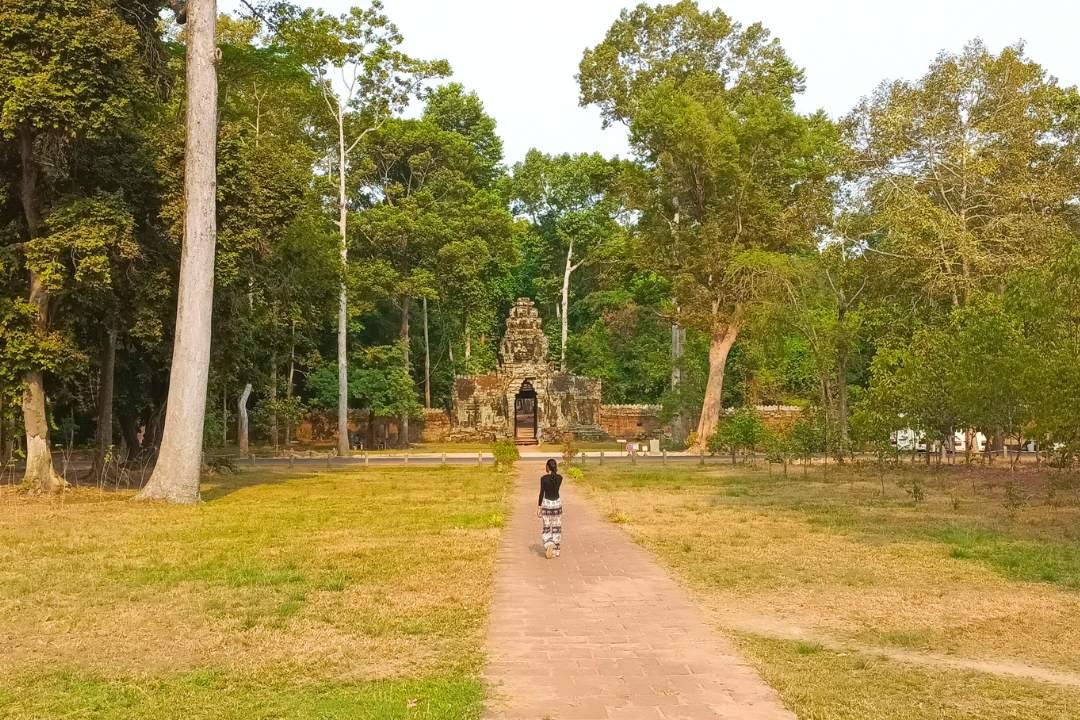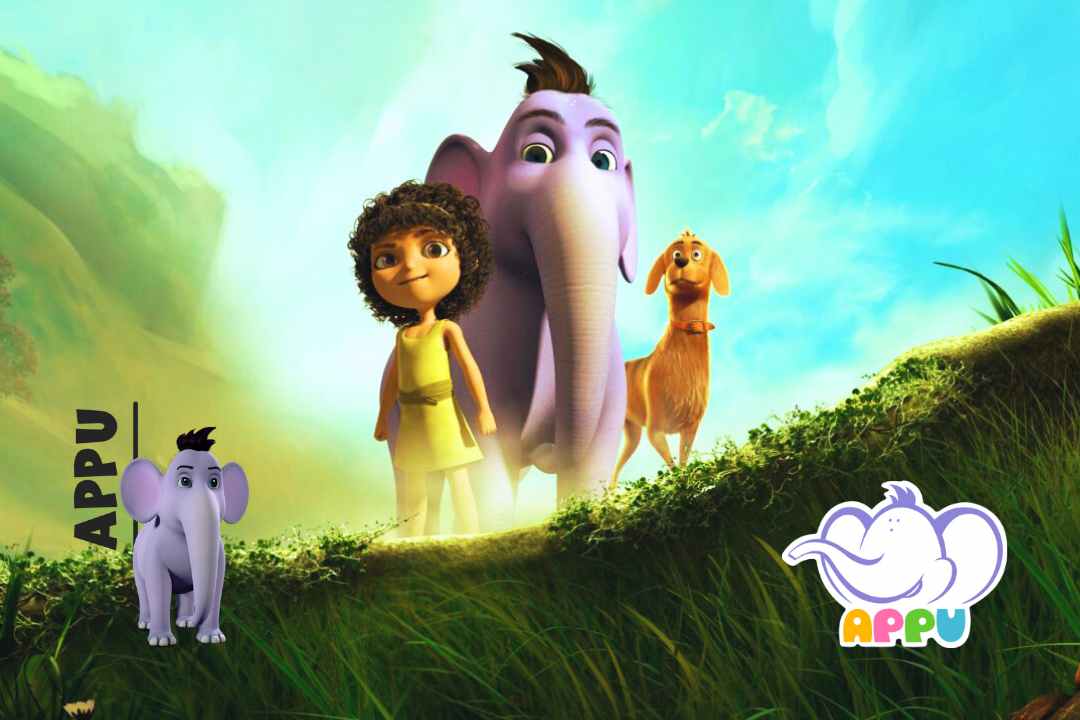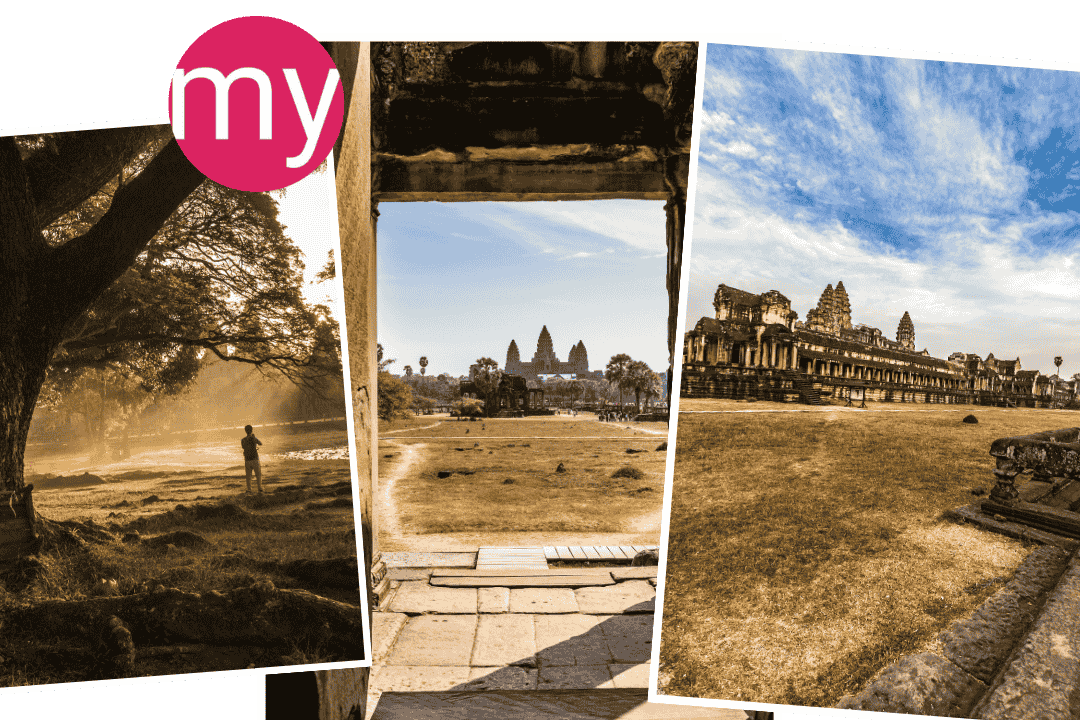Best Floating Village in Siem Reap
If you skip Kompong Khleang’s untouched charm or Kompong Phluk’s magical mangroves, you’re not just missing a floating village—you’re missing the soul of Cambodia’s timeless wonder.

Best Floating Village in Siem Reap - Feel the thrill of exploring floating homes, mangrove forests, and real-life survival stories on Tonle Sap Lake.
Have you ever wondered what life looks like in places where streets become waterways and houses stand on stilts? The floating villages of Siem Reap show a different side of Cambodia that most tourists miss. These communities change with the seasons, rising and falling with the mighty Tonle Sap Lake. As someone who’s spent years guiding tours through these water-based neighborhoods, I can tell you – they’re nothing like what you see in pictures.
I’ve watched the sun rise over Kampong Phluk’s towering stilted homes. I’ve shared meals with families in Kampong Khleang during both dry and wet seasons. These villages aren’t just tourist spots – they’re living, breathing communities that keep ancient traditions alive.
Think you know Cambodia because you’ve seen Angkor Wat? Let me tell you why these floating villages will change your mind.
Quick Answer: Best Floating Villages in Siem Reap
- Kampong Khleang: The biggest and most authentic floating village. Its tall stilted houses and mix of permanent and floating homes make it special. The local market sees few tourists but lots of daily village life.
- Kampong Phluk: Famous for its mangrove forest and houses on 20-foot stilts. The village feels more natural than others, with good chances to see real fishing work and local life.
- Mechrey: A smaller, less-visited village that offers great sunset views and bird watching. The floating basketball court and school show how village life works on water.
- Chong Khneas: The closest to Siem Reap but very tourist-focused. You’ll find crocodile farms and souvenir shops here. Good if you’re short on time but want to see a floating village.
“These villages represent some of the last examples of traditional water-based communities in Southeast Asia,” says Mr. Sovann, our tour guide leader. “Each season brings different challenges and joys to our way of life.”
Editor’s Note: This guide was last updated in November 2024 based on my latest visits to all four floating villages. All information comes from first-hand experience and regular talks with local boat drivers and village chiefs.
My Pros and Cons About Each Village
Kampong Khleang Pros
- The biggest village with real local Khmer culture
- Amazing mix of stilted and floating houses
- Great local market with fresh fish
- Few tourist crowds
- Best place for village homestays
Kampong Khleang Cons
- Farthest from Siem Reap (2-hour drive)
- Limited English speakers
- Harder to visit in dry season
Kampong Phluk Pros
- Beautiful mangrove forest
- Impressive stilted architecture
- Good balance of tourism and local life
- Nice floating restaurants
- Good photo spots
Kampong Phluk Cons
- Can get busy in peak season
- Some parts feel staged for tourists
- Limited time in the forest
Mechrey Pros
- Quiet and peaceful
- Great sunset spots
- More intimate village experience
- Good for birdwatching tours
- Friendly locals
Mechrey Cons
- Basic facilities
- Fewer dining options
- Limited English speakers
- Can be hard to reach in dry season
Chong Khneas Pros
- Closest to Siem Reap
- Many boat options
- English-speaking guides
- Good facilities
Chong Khneas Cons
- Very tourist-focused
- Aggressive selling
- Less authentic feeling
- Higher prices
What You’ll See in Each Floating Village
After trying every village over many trips, I can tell you what makes each one special. Let me walk you through what you’ll find in each place.
Kampong KhleangThis stands tall as my top pick among the floating villages near Siem Reap. Giant wooden houses reach up to the sky on thick stilts. During my last visit, I saw old women selling fresh fish at the local market. Kids played between the houses while their moms cooked dinner.
“Our village changes with the water,” Mr. Brown, our local expert, told me during our latest visit. “In wet season, boats replace walking. In dry season, we use the roads under our homes.”
The local markets buzz with life early each morning. I love getting there at sunrise to watch fishermen bring in their catch. You won’t see many other tourists here. That’s what makes it real.
Kampong PhlukThe mangrove forest makes this village different from the others. Wooden boats slide through trees growing right out of the water. I spent a whole afternoon here last month just taking pictures.
The houses stand on really tall stilts – some reach up to 8 meters high! In wet season, the water comes right up to the first floor. The floating restaurants serve fresh fish caught that morning. Try the local fish amok – it’s amazing.
MechreyThis small village feels peaceful and quiet. On my recent sunset tour, I saw rare birds near the shore. The floating school shows how village life works here. Kids boat to class instead of walking.
I met Mr. Rith, a local boat driver, who’s worked here for 30 years. He knows all the best spots for photos. The basketball court floating on drums always makes me smile.
Chong KhneasThis village sits closest to Siem Reap town. You’ll see lots of tourist boats here. The floating markets sell souvenirs and snacks. Some houses belong to Vietnamese floating communities who’ve lived here for generations.
The crocodile farms draw big crowds. While it’s not as calm as other villages, you can still get good photos. Just go early in the morning before the tour buses arrive.
When to Visit
The Tonle Sap ecosystem changes a lot between seasons. I’ve seen the water level change by meters! Here’s what I learned from my visits:
Wet Season (June-November):
- Water fills the forests
- Villages really float
- Better for boat tours
- Cooler weather
- More birds around
Dry Season (December-May):
- Roads appear
- Houses on stilts look amazing
- Easier to walk around
- Clear skies
- Less mosquitoes
“Visitors who spend time talking with villagers learn the most,” says Mr. Brown, my favorite local guide. “Each family has stories about life on the water.”
What To Pack For Your Trip
I always bring these things when I visit the floating villages. Trust me – you’ll need them:
- Good shoes that can get wet
- Camera (the views are amazing)
- Bug spray (lots of mosquitoes near water)
- Small bills in US dollars or Cambodian Riel
- Water bottle
- Light rain jacket
The Best Tours I’ve Tried
After many trips, I like the full-day Tonle Sap tour most. It gives you time to see real village life. You won’t feel rushed.
Last week, I joined a sunset tour. We stopped at a floating restaurant for dinner. The fish came straight from the lake to our plates. That’s as fresh as it gets!
Money Matters
Tours cost different amounts. Here’s what I usually pay:
- Half-day tour: $25-35 per person
- Full-day tour: $45-65 per person
- Private boat: $75-100
- Group tour: $15-25 per person
Check the latest tour prices here.
Safety Tips
The boats are safe, but I still follow these rules:
- Stay seated while the boat moves
- Keep your arms inside
- Listen to the boat driver
- Wear the life jacket they give you
- Hold onto your stuff – don’t drop things in the water
Which floating village is the most authentic?
From all my trips, I can say Kompong Khleang stands out as the most real village life you’ll see. Here’s why I think so:
- It’s really big – about 10 times larger than other villages
- Most tourists don’t go here
- People just live their normal lives
- No fake shows or tourist traps
- The market sells things for locals, not tourists
- Fishing boats head out early each morning
- You see kids going to school by boat
I watched a grandma fix fishing nets while her grandkids played nearby. That’s the kind of real life you’ll see here.
What makes Kompong Phluk special?
Kompong Phluk gets lots of visitors for good reasons:
- It’s closer to Siem Reap – about 45 minutes by car
- The forest with trees in the water looks amazing
- You can take small boat rides through the trees
- The houses stand super tall on wooden legs
- Nice mix of tourist spots and normal village life
- Good places to eat local food
- Easy to visit in half a day
Last time I went, I took great photos of boats moving through the forest. The light was perfect!
Which village has the fewest tourists?
Kompong Khleang wins here too. I’ve been many times, and I still see very few tourists. Here’s what makes it good:
- It’s far from town (about 2 hours)
- The roads aren’t great
- Tour buses don’t come here
- You see more local boats than tourist ones
- People don’t try to sell you things
- The village spreads out really wide
- Locals are busy with their work
Each place feels different, but Kompong Khleang stays the most natural.
Our Final Thoughts
Each floating village shows a special part of Cambodia. The tall houses, small boats, and friendly people make these places special. Kids wave as you pass. Old ladies sell fruit from their boats.
I’ve seen all four villages many times. Each one feels different. Kampong Khleang stays my top pick. It feels most real. The huge stilted houses look cool in photos. You see normal life here – no tourist shows.
But Kampong Phluk comes close second. The trees growing in water look great. Plus, the food tastes better here.
Pick the village that fits your time and what you want to see. Want real village life? Go to Kampong Khleang. Short on time? Try Chong Khneas. Love nature? Pick Kampong Phluk.
These water villages show how people live with nature. The Tonle Sap Lake changes size each year. The villages move with it. That’s pretty cool to see.
“Our way of life goes back many years,” says Mr. Vuthy, a village chief I know. “The water gives us food. It’s our road, our farm, our life.”
I hope this helps you pick the right village to visit. Each trip teaches me something new about these special places. They’re more than just spots for photos – they’re real homes where people live and work.
Want more info? Check out our complete guide to floating village tours. We update it often with new tips and prices.
Remember – a visit to these villages helps local families keep their old way of life going. That makes your trip mean something more.
Brought to you by Dan and Mat, Your tour planners.
Featured
Explore more on My Siem Reap Tours
Koh Ker and Beng Mealea guided tour | Banteay Srei temple tour semi-private guided tour | Angkor Wat Sunrise shared tour | Koh Ker and Beng Mealea guided tour | Morning Siem Reap floating village tour | Afternoon Siem Reap floating village tour | Private Angkor Wat special tour | Kulen Waterfall small group guided Tour | Private Angkor Wat mix temples photo tour
